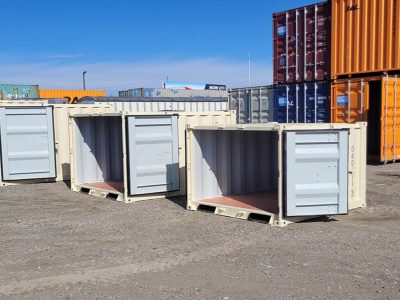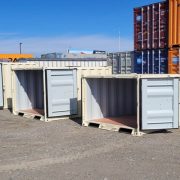A Competent Person Report (CPR) is an essential document for companies operating in the helium and broader energy sector. These reports provide independent, expert verification of technical and economic information, supporting transparency, regulatory compliance, and investor confidence. As interest in helium projects grows, QPR and CPR reporting has become increasingly important for organisations seeking funding, partnerships, or market listing.
What Are QPR and CPR Reports
A QPR or CPR is an independently prepared technical document completed by a recognised expert who meets international competency standards. The report provides an unbiased assessment of:
- Resources and reserves
- Geological interpretations
- Reservoir performance and deliverability
- Development plans and production forecasts
- Project risks and uncertainties
- Economic modelling and valuation assumptions
These reports follow established reporting codes, ensuring that information presented to investors or regulators is accurate, transparent, and based on industry best practice.
Why QPR and CPR Reporting Matters in Helium and Energy Projects
Helium projects require specialist assessment due to unique geological conditions, variable concentrations, and limited global supply. A QPR or CPR provides credibility and reassurance that the project has been evaluated to a high technical standard.
For operators and investors, a well-prepared report helps:
- Support fundraising and market listing
- Strengthen acquisition or divestment decisions
- Increase confidence in resource estimates
- Reduce project risk through independent oversight
- Demonstrate responsible and transparent reporting
How Consultants Support QPR and CPR Preparation
Experienced consultants play a central role in producing QPR and CPR documents, offering independent insight across all technical and commercial areas of the project. Their involvement typically includes:
Verification of resource assessments
Consultants review the methodology used to calculate resources and ensure that geological interpretations are supported by reliable data.
Helium reservoir evaluation
Specialists assess reservoir quality, pressure regimes, and expected recovery to confirm whether production forecasts are realistic.
Review of development plans
Drilling strategies, surface facilities, and commercial frameworks are analysed to ensure they align with the characteristics of the reservoir.
Economic and financial analysis
Consultants validate cost models, revenue projections, and price assumptions, providing an unbiased view of project viability.
Linking QPR and CPR to Helium Due Diligence
A Qualified Person Report (QPR) / Competent Person Report (CPR) is often produced as part of broader helium due diligence. Findings from geological reviews, reservoir evaluations, and resource assessments feed directly into the final report, ensuring that all conclusions are backed by detailed technical scrutiny.
This integrated approach provides a reliable foundation for investment decisions and formal regulatory submissions.
When Is a QPR or CPR Required
Operators may require a QPR or CPR when:
- Raising capital from institutional or public investors
- Completing a market listing
- Conducting major acquisitions or asset sales
- Complying with regulatory reporting standards
- Seeking finance from banks or strategic partners
The report acts as an independent confirmation that the project is technically sound and commercially justified.A Qualified Person Report (QPR) / Competent Person Report (CPR) is a vital component of responsible project development in the helium and wider energy sector. By providing transparent, expert verification of resources, reservoir performance, and economic assumptions, these reports build confidence among investors, regulators, and partners. Supported by experienced consultants, organisations can present clear, credible information and advance their projects with greater certainty.












Comments